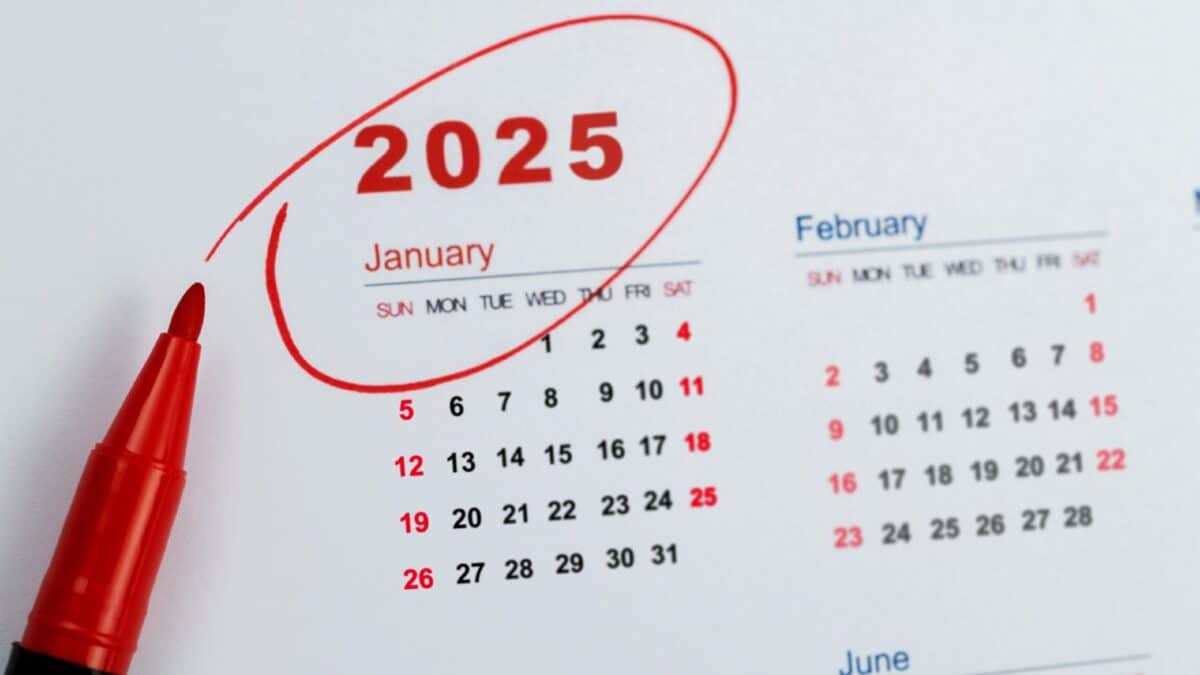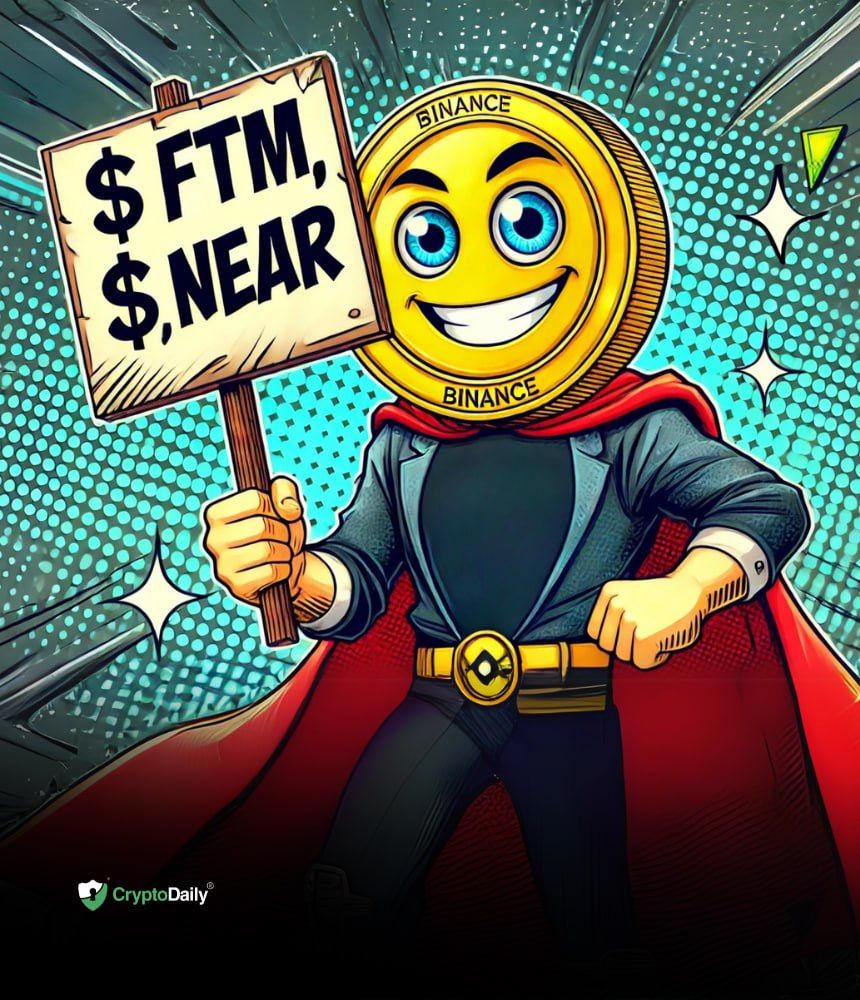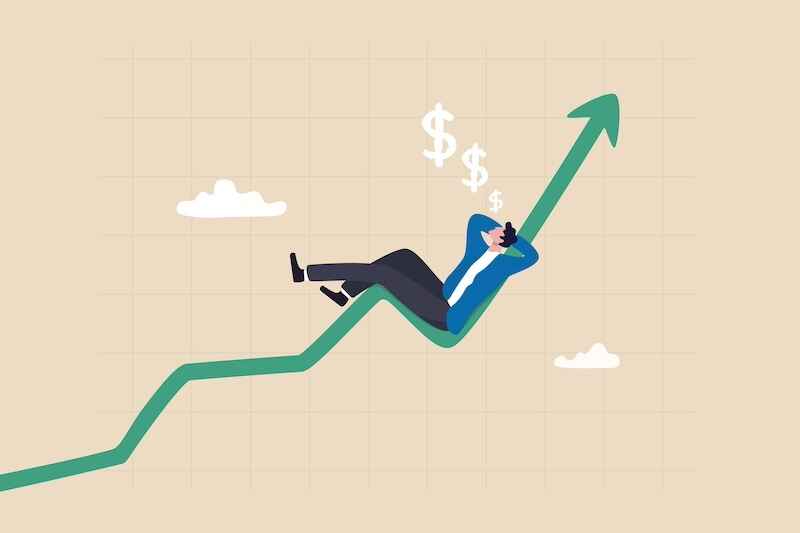Image source: Getty Images
The International Consolidated Airlines Group (LSE: IAG) share price has gained 70% since the start of 2024. And that highlights, once again, a dilemma I keep facing in making my investing choices.
I decided years ago to never buy an airline. It’s got to be one of the must cut-throat competitive businesses there is. One that has little differentiation, competes almost solely on price, and is at the mercy of so many external costs that are completely outside its control.
Recovery time
But when share prices were recovering after the 2020 stock market crash, I was convinced that airline stocks would come storming back.
Well, maybe storming is pushing it a bit, as the IAG share price is still down 50% since the end of 2019. But over the past couple of years it’s performed better than the stocks I hold.
So what happens next?
Analysts have an average 12-month price target of 276p on IAG. That’s only 6% ahead of where it is now. But checking out the valuation, I think it might seriously underestimate the potential.
Screaming cheap?
We’re looking at a forward price-to-earnings (P/E) ratio of six this year, forecast to dop to 5.5 by 2026. By FTSE 100 standards, that almost looks too cheap to miss.
There’s net debt of around £7bn on the books though. And adjusting for that should lift the effective P/E to around nine, falling to 8.5. Maybe not a no-brainer after all, but still very low compared to the Footsie average (and ignoring other factors).
So what to do? I has to come down to how we make our decisions, and I can think of a couple of ways.
Buy what you know
One is to investigate companies thoroughly and understand all their ins and outs. And then only consider buying when we believe we have a good grasp of what the next few years might hold.
It’s the kind of strategy that’s led billionaire investor Warren Buffett, through his Berkshire Hathaway investing company, to beat the pants off the S&P 500 since he started in 1965.
Is ignorance bliss?
The opposite approach is to ignore the nature of a business. And just buy when the fundamentals make it look like good value. That’s not quite as simple as the most hands-off approach of buying an index tracker. But it should still mean a lot less head scratching.
And a FTSE 100 tracker would have returned an average of around 6.8% per year over the past 20 years. So there’s a lot to be said for the ‘ignorance is bliss’ angle.
Bottom line
When I look at the nature of IAG’s business, I still think it’s fraught with danger. And I really don’t think it would take much bad news (either economic or company news) to send airlines like International Consolidated sliding again.
But for those who can put that aside and just go on valuation metrics, I think this has to be one worth considering.
It can be hard to break the habit of a lifetime, mind.
Credit: Source link











